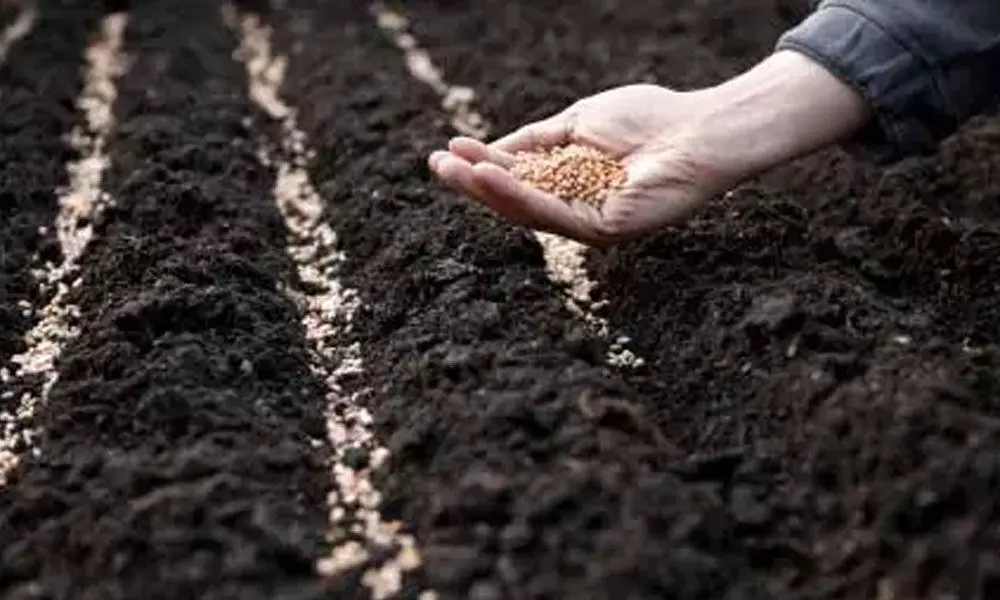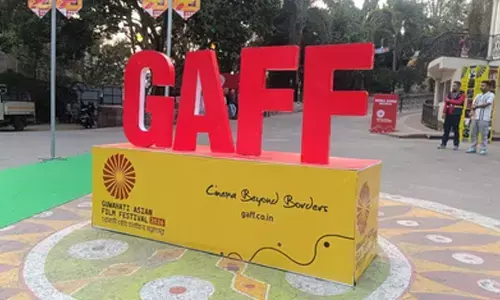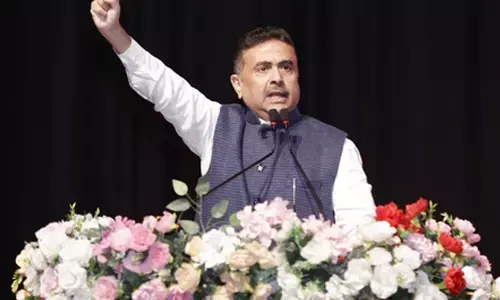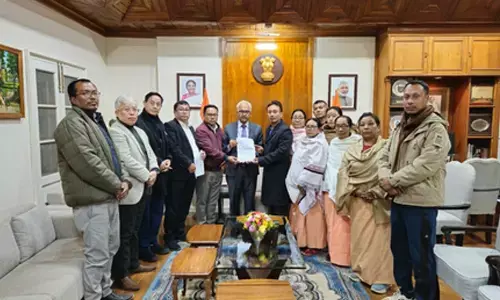Sow seeds of trust in market reforms

Sow seeds of trust in market reforms
The Department of Food and Public Distribution has developed an application ecosystem, which allows the integration of procurement portals of all States having Minimum Threshold Parameters (MTPs) for monitoring and strategic decision-making.
The Department of Food and Public Distribution has developed an application ecosystem, which allows the integration of procurement portals of all States having Minimum Threshold Parameters (MTPs) for monitoring and strategic decision-making. The purpose is said to be the benefit of farmers while keeping traders and middlemen at bay. This process began a couple of days ago. The introduction of Minimum Threshold Parameters (MTPs) in procurement operations are necessitated to avoid middlemen and ensure that farmers get the best value for their produce.
The integration with the central portal will go a long way in expediting the reconciliation of procurement figures with States and release of funds by the Centre to the States. The Centre claims the benefits will accrue to by the society in general, but specific benefits envisaged for stakeholders i.e., farmers point out that they will be able to sell their produce at suitable prices and avoid distress sale, while procuring agencies with better management of procurement operations will be able to procure efficiently with the limited resources at hand. In addition, the automation and standardisation of procurement operations shall provide an integrated view of procurement of food grains and their storage in godowns. It enables real-time reporting of farmers/sharecroppers benefitted, number of small/marginal farmers, yield, quantity procured, payment made, inventory management of central pool stocks.
It is pertinent to mention here that there is a varied scale of implementation of IT tools across the States. Moreover, because of the prioritisation of the local requirements and practices, a pan-India standard procurement ecosystem was non-existing. Hence, this move. Due to variations in the procurement systems, there emerge both systemic and implementation challenges for implementing Central schemes. Reconciliation of procurement operations with various States is sometimes a long-drawn exercise, leading to avoidable delays in the release of funds to States. Moreover, the non-standard procurement operations/processes also lead to avoidable inefficiencies, which manifest in the form of middlemen in the procurement operations.
It is nice to hear these words but this proposal comes at a time when the farmers in North India are agitating against the privatisation of the procurement system itself. No doubt, the government has repeatedly stated that it would not withdraw from the market but only would allow entry of private players, too, so that the farmers reap the benefit of competition. Undoubtedly, the Centre puts great emphasis on the welfare of farmers and the MSP-based procurement is the traditional approach to ensure that the farmers get the appropriate selling price of their produce. This ultimately helps attain the objectives of the Centre and implementation of the National Food Security Act.
The standardisation of operations is essential in helping the country achieve greater levels of transparency and efficiency in procurement operations, which ultimately lead to ensuring food security for the people of the country. All these proposals sound ironic as the government is unwilling to convince the farmers of its intentions in the first place on its three farm laws. How will the new proposal be received against this backdrop? The government should do some introspection before moving on more market reforms.














